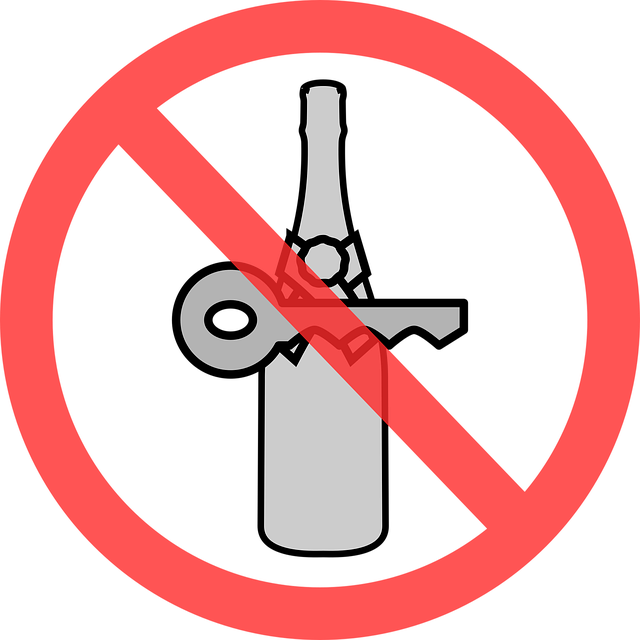Homeownership offers a protective advantage in legal scenarios, especially regarding DUI laws, due to financial stability and access to advanced vehicle safety features like airbags, crash avoidance systems, lane departure warnings, blind-spot monitoring, and adaptive cruise control. These technologies significantly enhance security beyond legal requirements, demonstrating responsible behavior and potentially influencing positive legal outcomes for homeowners facing DUI charges.
Home ownership is often considered a cornerstone of financial stability, but it also serves as a powerful protective asset. In the context of DUI laws, understanding how homeownership can safeguard your future is crucial. This article explores this dynamic relationship, delving into how owning a home can mitigate risks associated with driving under the influence. Additionally, we’ll examine essential vehicle safety features that go beyond legal requirements, enhancing protection for you and your loved ones on the road.
- Understanding Home Ownership as a Protective Asset: Why It Matters in the Context of DUI Laws
- Essential Vehicle Safety Features: Enhancing Protection Beyond the Law
Understanding Home Ownership as a Protective Asset: Why It Matters in the Context of DUI Laws

Home ownership is often seen as a significant protective asset, especially in legal contexts like DUI (Driving Under the Influence) laws. This is because it provides individuals with a stable base and financial security, factors that can mitigate the severe consequences associated with DUI offenses. Owning a home offers a sense of security beyond just shelter; it serves as collateral, safeguarding against potential legal repercussions.
In the realm of vehicle safety features and DUI law, this asset becomes even more relevant. A homeowner may have access to advanced car technology designed to prevent or mitigate accidents, which is crucial in DUI cases where impairment can significantly increase the risk of collisions. These safety features not only enhance personal protection but also provide evidence of responsible behavior, potentially influencing legal outcomes favorable for the owner.
Essential Vehicle Safety Features: Enhancing Protection Beyond the Law

In today’s world, where safety is a paramount concern, vehicle owners must go beyond adhering to legal standards and consider essential vehicle safety features. While DUI law sets minimum requirements for protection, there are numerous advanced features that significantly enhance driver and passenger security. Airbags, for instance, have saved countless lives and continue to evolve with technologies like side curtain airbags, which protect occupants from side impacts. Advanced crash avoidance systems, including automatic emergency braking and forward collision warning, can detect potential collisions and take corrective actions, thus preventing accidents or reducing their severity.
Beyond these, features such as lane departure warning, blind-spot monitoring, and adaptive cruise control not only assist drivers but also actively protect them from common causes of accidents like drowsiness or inattention. These Vehicle Safety Features are game-changers in the pursuit of comprehensive protection on the road, offering peace of mind that extends far beyond what is legally mandated by DUI law.
Home ownership is a significant protective asset, offering not just a place of residence but potential legal safeguards. In the context of DUI laws, it can serve as a buffer against severe penalties. By understanding this connection, individuals can make informed decisions about their property investments and vehicle safety features. Incorporating advanced safety technologies in vehicles, such as collision avoidance systems and enhanced data recording capabilities, further strengthens protection for drivers and could have positive implications when navigating DUI-related legal matters.






